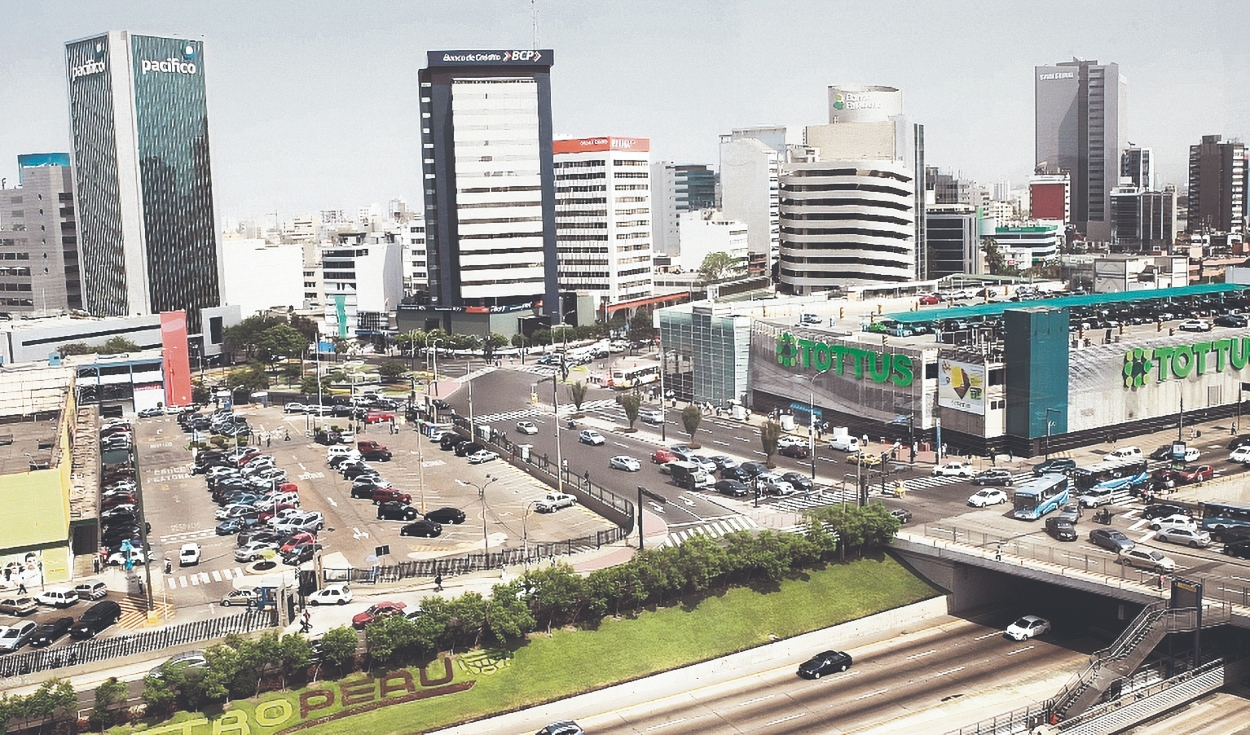
The economy of Latin America and the Caribbean will grow less than expected, as a result of a critical situation, according to the World Bank: 1.6% this year, and by 2025 and 2026 it will achieve rates of 2.7% and 2.6 %, respectively.
Carlos Felipe Jaramillo, WB vice president for the region, maintains that the drop is not only statistical and translates into reduced public services, fewer employment opportunities, contracted salaries and more poverty and inequality.
According to its recent report ‘Competition: the missing ingredient for growth?’, the World Bank explains that we are going through an adverse global scenario due to geopolitical tensions and climate anomalies, such as El Niño, added to this the spiral of violence – murder by Fernando Villavicencio, candidate for the presidency of Ecuador. This last chapter, in particular, is harmful to investments and affects citizen expectations.
Within the critical scenario, the multinational improved its projection of Peru’s GDP and raised it from 2.5% to 2.7%.
Flaws in the model
Apart from that, there are the structural flaws to which Peru is no stranger: low level of capital accumulation and long-term productivity growth and the lack of competition, which makes consumers pay more for lower quality goods and services. .
The World Bank questions monopolies, since they force the poorest households to allocate more of their budget to meet essential needs, which is why it recommends that States promote technological innovation policies and constant training so that they are in better conditions.
Here they also noted that, to promote better competition, the vicious circle of market power and political power of the business sector must be “broken,” which often “feed off each other with undesired results for society.”
And, very apart from reforms, the WB asked to “take seriously the debate to collect more taxes from the super-rich and regulate the financing of political campaigns.”
The economist and teacher Armando Mendoza stated that the World Bank is aware of the failures of the neoliberal model, which in previous decades they proclaimed and defended.
“The pandemic highlighted the flaws and defects of the model, but they had been dragging on for a long time. This economic model leaks everywhere and they do not improve or modify it (in Peru). “We are on a raft that is breaking apart and no one can think of what to do,” he commented to La República.
Mendoza argued that large business groups appropriate the benefits and transfer the costs and adjustments to the population. He recalled, for example, that when anti-cancer and HIV medications were exempted from VAT, large pharmaceutical companies “pocketed” the benefit; and now industries, such as agro-export, insist that laws that are detrimental to workers be reinstated, in order to continue growing.
More data:
The economy of Latin America and the Caribbean will grow by 1.6%. Previously, a rate of 2.3% was expected.
The richest 1% accumulate almost twice as much wealth as the rest of the world’s population, according to Oxfam.
Source: Larepublica
Alia is a professional author and journalist, working at 247 news agency. She writes on various topics from economy news to general interest pieces, providing readers with relevant and informative content. With years of experience, she brings a unique perspective and in-depth analysis to her work.












